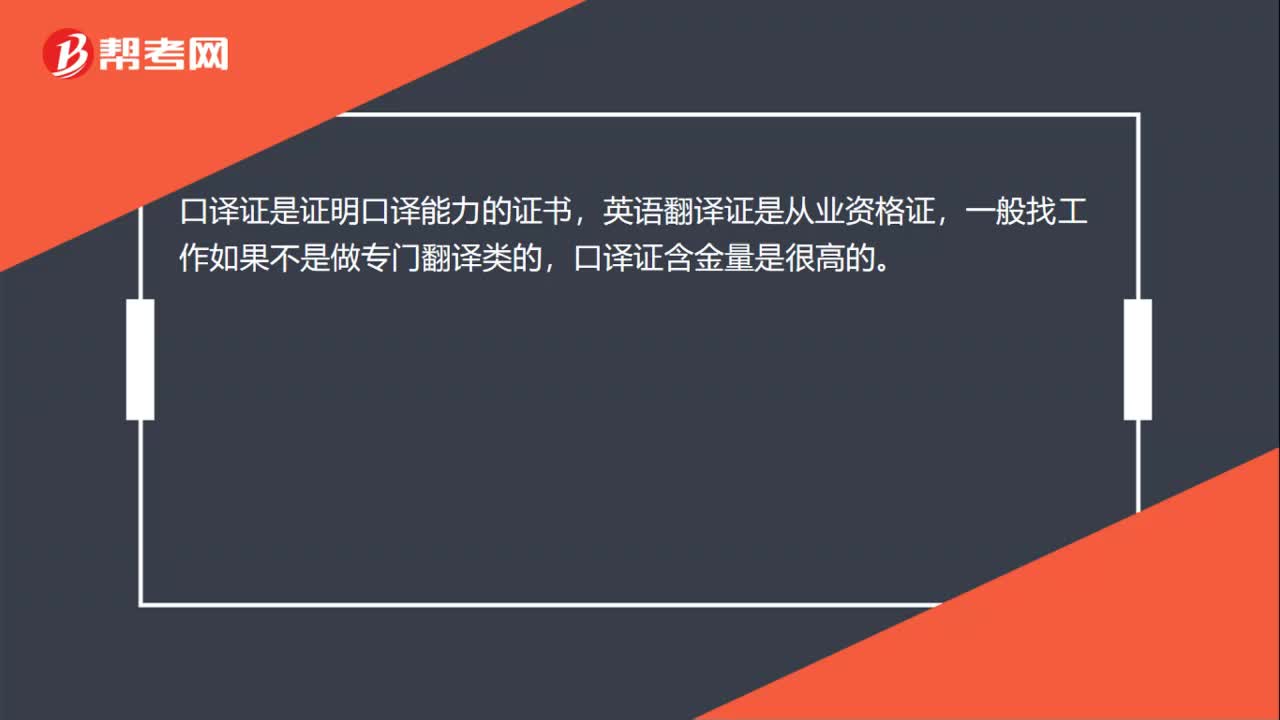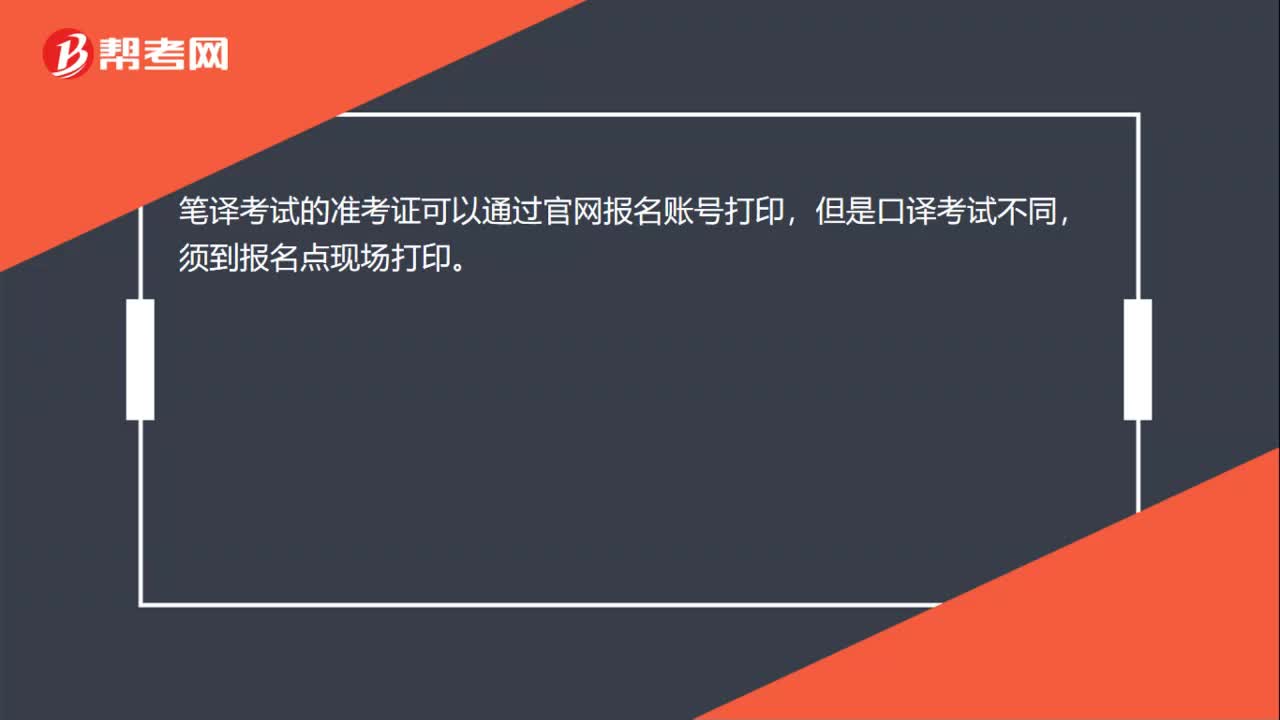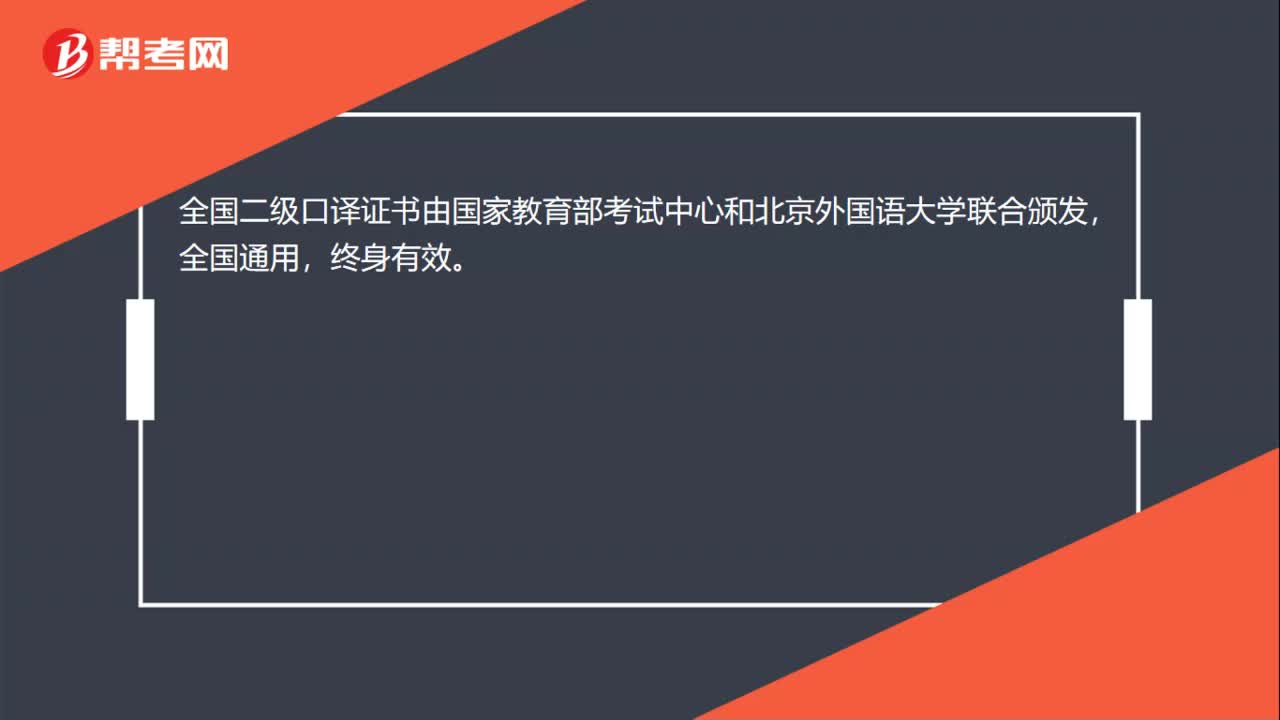
下载亿题库APP
联系电话:400-660-1360

下载亿题库APP
联系电话:400-660-1360

请谨慎保管和记忆你的密码,以免泄露和丢失

请谨慎保管和记忆你的密码,以免泄露和丢失

为了帮助广大考生顺利通过口译笔译考试,帮考网为大家分享了一些口译笔译相关内容,希望大家每天坚持练习,积极备考。
West Brain, East Brain——What a difference culture makes
By now, it should come as no surprise when scientists discover yet another case of experience changing the brain. From the sensory information we absorb to the movements we make, our lives leave footprints on the bumps and fissures of our cortex, so much so that experiences can alter "hard-wired" brain structures. Through rehab, stroke patients can coax a region of the motor cortex on the opposite side of the damaged region to pinch-hit, restoring lost mobility; volunteers who are blindfolded for just five days can reprogram their visual cortex to process sound and touch.
Still, scientists have been surprised at how deeply culture—the language we speak, the values we absorb—shapes the brain, and are rethinking findings derived from studies of Westerners. To take one recent example, a region behind the forehead called the medial prefrontal cortex supposedly represents the self: it is active when we ("we" being the Americans in the study) think of our own identity and traits. But with Chinese volunteers, the results were strikingly different. The "me" circuit hummed not only when they thought whether a particular adjective described themselves, but also when they considered whether it described their mother. The Westerners showed no such overlap between self and mom. Depending whether one lives in a culture that views the self as autonomous and unique or as connected to and part of a larger whole, this neural circuit takes on quite different functions.
"Cultural neuroscience," as this new field is called, is about discovering such differences. Some of the findings, as with the "me/mom" circuit, buttress longstanding notions of cultural differences. For instance, it is a cultural cliché that Westerners focus on individual objects while East Asians pay attention to context and background (another manifestation of the individualism-collectivism split). Sure enough, when shown complex, busy scenes, Asian-Americans and non-Asian--Americans recruited different brain regions. The Asians showed more activity in areas that process figure-ground relations—holistic context—while the Americans showed more activity in regions that recognize objects.
Psychologist Nalini Ambady of Tufts found something similar when she and colleagues showed drawings of people in a submissive pose (head down, shoulders hunched) or a dominant one (arms crossed, face forward) to Japanese and Americans. The brain’s dopamine-fueled reward circuit became most active at the sight of the stance—dominant for Americans, submissive for Japanese—that each volunteer’s culture most values, they reported in 2009. This raises an obvious chicken-and-egg question, but the smart money is on culture shaping the brain, not vice versa.
Cultural neuroscience wouldn’t be making waves if it found neurobiological bases only for well-known cultural differences. It is also uncovering the unexpected. For instance, a 2006 study found that native Chinese speakers use a different region of the brain to do simple arithmetic (3 + 4) or decide which number is larger than native English speakers do, even though both use Arabic numerals. The Chinese use the circuits that process visual and spatial information and plan movements (the latter may be related to the use of the abacus). But English speakers use language circuits. It is as if the West conceives numbers as just words, but the East imbues them with symbolic, spatial freight. (Insert cliché about Asian math geniuses.) "One would think that neural processes involving basic mathematical computations are universal," says Ambady, but they "seem to be culture-specific."
Not to be the skunk at this party, but it’s important to ask whether neuroscience reveals anything more than we already know from, say, anthropology. For instance, it’s well known that East Asian cultures prize the collective over the individual, and that Americans do the opposite. Does identifying brain correlates of those values offer any extra insight? After all, it’s not as if anyone thought those values are the result of something in the liver.
词句笔记:
fissure:裂缝,缝隙
cortex:大脑皮层
dopamine:多巴胺
pinch-hit:代理
coax:劝诱,耐心处理
blindfold:将……眼睛蒙起来
correlate:vt.使互相关联;vi.(+to/with)与……有关联
看到这里小伙伴们是否有所收获呢?希望帮考网为大家分享的内容能给大家带来帮助,后续也可以多关注帮考网,这里有更多的考试资讯,你想知道的都在这!
 23
23中级口译的笔译证书有效期是多久?:中级口译的笔译证书有效期是多久?通过笔试考试后,2年内有4次口试机会。只有在规定时间内通过了笔试和口试成绩才能拿到相应的证书,否则笔试成绩就自动无效。一旦拿到证书,就是终身有效的。
 27
27三级笔译和口译考试每年可以考几次?:三级笔译和口译考试每年可以考几次?通常情况下笔译口译考试都是每年两次。上半年一般在1月份报名,5月份考试,下半年一般在7月份报名,11月考试,各省市情况不一,具体情况可上CATTI官网或各省市人事考试网查询。
 17
17口译证的含金量高吗?:口译证的含金量高吗?口译证是证明口译能力的证书,英语翻译证是从业资格证,一般找工作如果不是做专门翻译类的,口译证含金量是很高的。
 00:23
00:232020-06-03
 00:15
00:152020-06-03
 00:27
00:272020-06-03
 00:17
00:172020-06-03
 00:17
00:172020-06-03

微信扫码关注公众号
获取更多考试热门资料